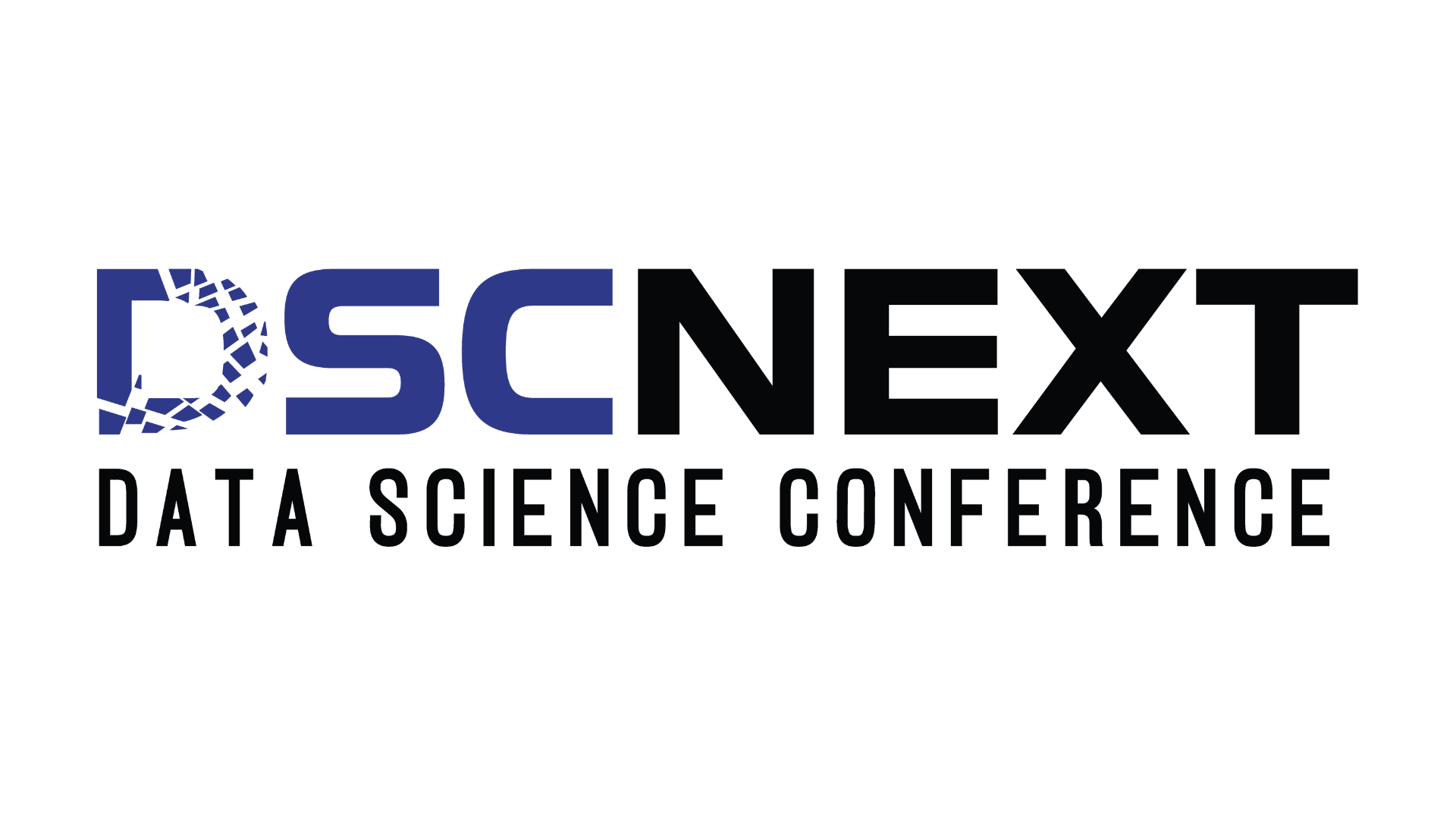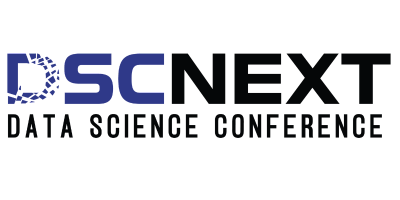
Introduction
Every few decades, a technological revolution reshapes the world, much like the advent of computers, the Internet, and, most recently, artificial intelligence (AI). Experts now speculate that the next breakthrough will arise from technologies rooted in quantum mechanics;chief among them, quantum computing.
Quantum computers, leveraging the unique principles of quantum mechanics, hold the potential to achieve unparalleled computational power, solving tasks that are beyond the reach of classical systems. These advancements promise to transform sectors such as defense, finance, logistics, medicine, and education.
However, we are still in the early stages of this quantum revolution, much like the pre-silicon era of classical computing. Just as early computers like ENIAC relied on large, inefficient vacuum tubes before silicon semiconductors revolutionized the field, quantum computing is now exploring its foundational technologies to unlock its true potential.
According to McKinsey, quantum computing could contribute nearly $1.3 trillion to the global economy by 2035, highlighting its vast economic and industrial implications.
Key Concepts
1. Qubits
Quantum bits, or qubits, are the building blocks of quantum computing. Unlike classical bits, which can be either 0 or 1, qubits can exist in a superposition of states, meaning they can be both 0 and 1 simultaneously. This property exponentially increases computational power.
2. Superposition and Entanglement
Superposition: Allows qubits to represent multiple states at once. This is like being in multiple places at the same time in a mathematical sense.
Entanglement: A phenomenon where two qubits become interconnected, such that the state of one qubit instantly influences the state of the other, no matter the distance between them.
3. Quantum Gates and Circuits
Quantum gates manipulate qubits through operations that exploit superposition and entanglement. These gates form quantum circuits that execute quantum algorithms.
Applications of Quantum Computing
1. Cryptography
Quantum computers can break traditional encryption methods, such as RSA, within seconds. They also pave the way for quantum-safe encryption methods to protect sensitive data in the future.
Case Study: Breaking RSA Encryption
In 2019, Google’s quantum computer, Sycamore, demonstrated quantum supremacy by solving a complex problem in 200 seconds; a task that would take a classical supercomputer 10,000 years. Though this wasn’t directly related to RSA, it underscored the potential to disrupt cryptographic standards.
2. Drug Discovery and Healthcare
Quantum simulations can model molecular interactions at a quantum level, speeding up the discovery of new drugs and materials. This could revolutionize personalized medicine.
Case Study: Pfizer and IBM
Pfizer used IBM’s quantum computing platform to simulate molecular structures like lithium hydride and beryllium hydride, demonstrating the potential for accelerating drug discovery processes.
3. Optimization Problems
From supply chain logistics to portfolio management in finance, quantum algorithms are poised to revolutionize the way we solve complex optimization challenges.
For instance, supply chain inefficiencies cost companies over $1.9 trillion annually. By leveraging the immense computational power of quantum algorithms, businesses can identify optimal solutions faster and more accurately than ever before, potentially saving billions.
Case Study: Volkswagen’s Quantum Traffic Management
Volkswagen demonstrated the power of quantum computing by using D-Wave’s quantum system to calculate optimal routes for taxis in Beijing. This initiative successfully reduced traffic congestion and improved urban traffic flow, highlighting the practical applications of quantum optimization in real-world scenarios.
4. Artificial Intelligence (AI) and Machine Learning
Quantum computing accelerates the training of machine learning models, allowing AI to analyze vast datasets and generate insights in real-time.
Case Study: Google and Quantum Neural Networks
Google explored quantum neural networks (QNNs) to improve AI algorithms, enhancing the speed and accuracy of machine learning models for applications like fraud detection and personalized recommendations.
5. Climate Modeling and Energy Solutions
Quantum computers can simulate complex climate models, helping predict environmental changes and optimize renewable energy sources.
Case Study: IBM Quantum and Carbon Sequestration
IBM researchers simulated chemical reactions for carbon capture, offering innovative approaches to reduce atmospheric CO₂ and combat climate change
Current Challenges in Quantum Computing
1. Scalability
Quantum computers require maintaining qubits in extremely delicate states. Building machines with large numbers of stable qubits is still a significant hurdle.
2. Quantum Decoherence
Qubits are highly sensitive to their environment. External noise and interference can cause errors, reducing the reliability of computations.
3. Cost and Infrastructure
Quantum computers are expensive to build and maintain, requiring extreme conditions such as temperatures near absolute zero.
Future Prospects
1. Commercialization
Major players like IBM, Google, and startups such as D-Wave are in a race to develop commercially viable quantum computers. IBM’s Quantum System One and Google’s Sycamore processor represent significant milestones in this journey, signaling steady progress toward practical applications.
2. Industry Adoption
The emergence of Quantum-as-a-Service
(QaaS) is revolutionizing industry access to quantum computing. By offering quantum computing power via cloud platforms, QaaS is democratizing this advanced technology, enabling businesses of all sizes to benefit from quantum innovations.
3. Quantum Internet
Quantum computing could pave the way for a quantum internet, offering unhackable communication networks by harnessing quantum entanglement. This advancement would revolutionize cybersecurity and data transmission.
As of 2024, global investments in quantum computing have surpassed $35 billion, fueled by both public and private sectors. This surge in funding underscores the growing belief in quantum technology’s potential to reshape industries and solve complex global challenges.Events like Data Science Conference (DSC) 2025 are set to play a pivotal role in shaping quantum technology’s trajectory. DSC 2025 will bring together industry leaders, researchers, and innovators to explore breakthroughs in quantum computing and its integration with data science, showcasing its transformative potential.
Conclusion
Quantum computing isn’t just a technological advancement; it’s a transformative force that could redefine industries and solve some of humanity’s most complex challenges. While still in its infancy, the field promises to unlock unprecedented opportunities in computing, science, and beyond.
Data Science Meets Quantum Computing: Spotlight on Data Science Conference 2025
The Data Science Conference 2025 highlights the game-changing role of quantum computing in data science. From revolutionizing predictive modeling to transforming big data analytics, the event will explore cutting-edge advancements through keynotes, interactive workshops, and real-world case studies. Participants will gain insights into quantum-driven solutions for industries like healthcare and finance, making this conference a must-attend for those shaping the future of data science.


